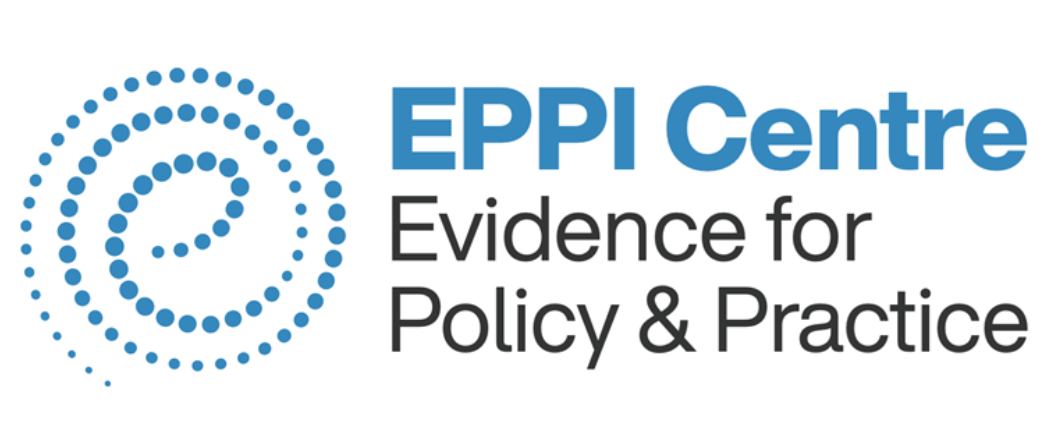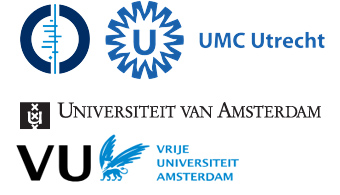About ICASR
| Home | About | Resources | Events | Papers | 2025 ICASR meeting |
ICASR is an international collaboration between several groups working in systematic reviews, automation, or both. ICASR holds an annual meeting to foster collaboration between groups working on review automation (see Events for a list of past events).
The following is a partial list of the collaborators:
Other organisations…










